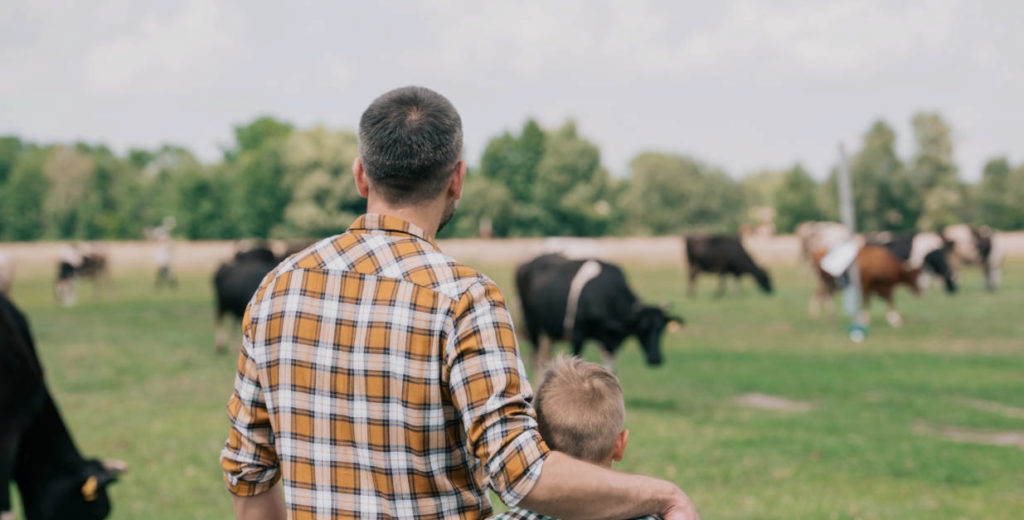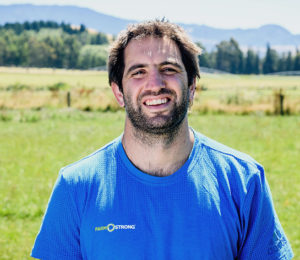Rural guys face more challenges than urban mates

At least 640,000 Kiwis live rurally (14% of our population), making our rural population effectively New Zealand’s second-largest city.
Unfortunately, it is a city with lots of health issues simmering below the surface.
Nature, isolation, stress and long, hard hours takes their toll on the health of people living and working in rural settings. Use of health services drops as distance from them increases, and this drop is even higher for secondary or preventative health services.
Rural people have fewer diagnostic tests, cardiovascular referrals and prescriptions, less preventive care and lower health screening rates. Rural areas often have problems maintaining GP and pharmacy services.
Rural people need to cope with significant changes, more so than urban dwellers. They need to face up to changes in the rural industry (such as the massive growth in dairy farming, workforce, arrival of M-bovis etc), demographic changes with younger rural people moving away, climate change and natural disasters, and economic, political and social changes.
And that’s before work starts.

These special challenges make it important for rural people to pay even greater attention to their health. Just like farmers check and maintain farm equipment, so they need to check and maintain their most important asset, their health.
There is some great help out there
Farmstrong have some of the best health information for rural people and farmers. Their advice is designed for Kiwis and our situations so it works.

All Black legend Sam Whitelock is the face of Farmstrong support around the country
A great example is the ‘Turn on Your Core’ 4-Week Challenge which physiotherapist Karen George developed to strengthen your core, warm you up for the day and help protect you from back strains and other niggles. It requires no equipment and can be done anywhere, and takes just 10 minutes.
Dig deep into the Farmstrong website for more help than you could imagine.
10 tips to keep on top of what’s up top
Health Navigator NZ, now Healthify He Puna Waiora, is an excellent source of information and links.
Here they offer 10 tips to keep your mental health as good as how your are in all other ways.
1. Stay connected
Staying in touch with friends and family on a regular basis helps you feel connected. Have regular times when you meet friends or family in person, or online if distance is an issue. Socialising with friends is fun and gives you an opportunity to talk about things that may be bothering you.
2. Volunteer in your community
Join a volunteer group or offer to do something in your community to help others. It’s a good way to meet people and you’ll feel good knowing you’ve helped someone. Read more about the health benefits of volunteering.
3. Befriend your neighbours
Do you know your neighbours? If not, get to know them. Invite them over for dinner or a BBQ. Knowing your neighbours is also reassuring should you need each other in an emergency.
4. The Five Ways to Wellbeing
Try building the Five Ways to Wellbeing into your life to improve your wellbeing. They are Connect, Give, Take Notice, Keep Learning and Be Active.
5. Join a local group
Joining a local group is a great way to get to know people in your community.
Have a look online or on community noticeboards to see what’s on offer.
It could be a sport’s group, book club or another type of group that gets together regularly. If nothing takes your fancy, try setting one up yourself.
6. Eat a healthy diet
Eating a healthy diet rich in vegetables and fruit helps you stay healthy, energised and feeling good.
7. Get enough sleep
Make sure you’re getting enough good quality sleep. When you sleep, important physical and mental processes are carried out. Not getting enough sleep is common and can have serious impacts on your health and wellbeing.
8. Keep active
Regular exercise reduces stress and increases positive mood, plus it keeps you fit and healthy! Exercising or playing sport with other people is a good way to keep fit and socialise at the same time.
9. Reach out for help
It’s okay to reach out for professional help if you need it. There are lots of organisations that can offer advice, resources and counselling. Remember, there is the free national 1737 Need To Talk? number you can call or text 24/7.
10. Take a break
If you’re farming it can be hard to take a break because you work where you live. Make sure you take regular breaks and do something that’s off the farm to give yourself some time out and perspective.

